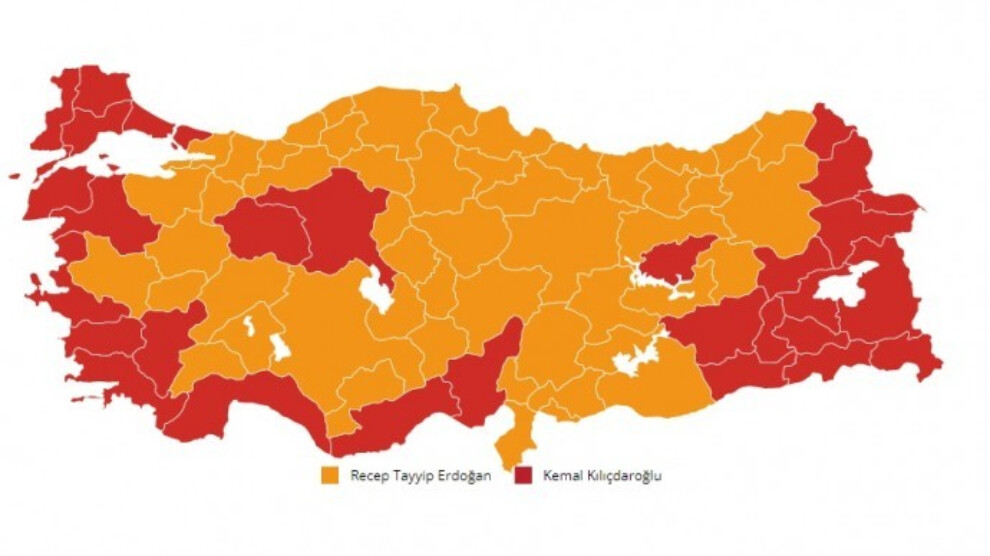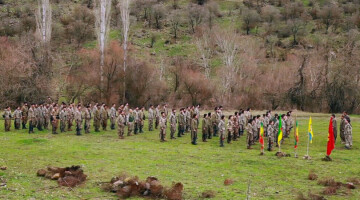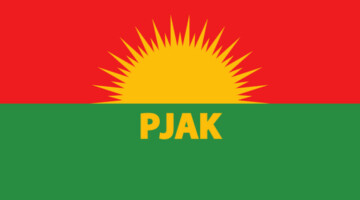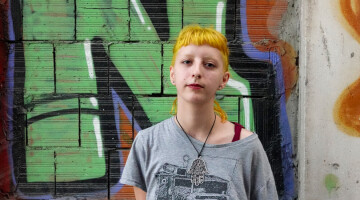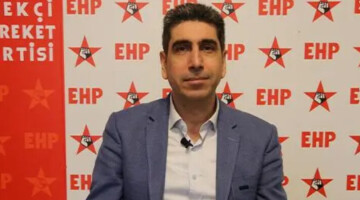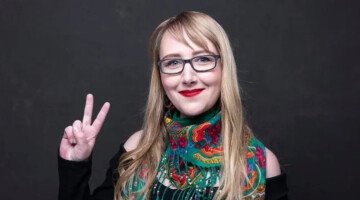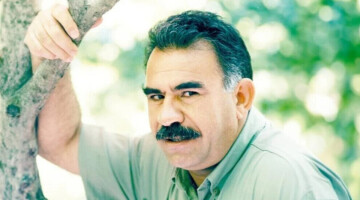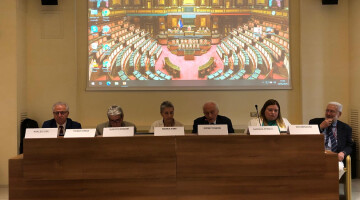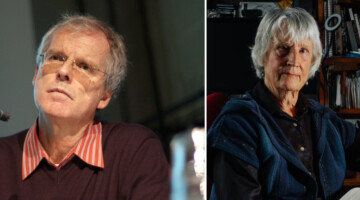According to the unofficial result of the run-off for the presidency on May 28, AKP chair Tayyip Erdoğan has been re-elected president.
Commenting on the election result, economist Izzettin Önder said, “The result shows that our entire society is not interested in financial issues yet. The result shows that the reality of the economic crisis has concerned places such as Istanbul and Izmir. When we consider Anatolia, since most people living there are able to produce and meet their self-consumption, we see that they are not affected by prices as much as people living in cities such as Istanbul or Ankara. In these areas, the majority of people are more influenced by the traditional discourse of the government.”
Pointing to the election tactics of the AKP/MHP, Önder said, “Firstly, it is about ‘identifying the enemy’, which is something constantly done by the government. In this election campaign, it did that through lies and fake videos involving the PKK. Then, it had to deny it, but people saw it once and it was enough. This was not a fair election. They utilized all the means of the state. Recep Tayyip Erdoğan especially exploited the religion extensively. Particularly after appearing at the Çamlıca Mosque, he acted as if celebrating a conquest. These are wrong practices and ways of using religion. He used the sociological field. He always ignored the economy. He stayed away from discourses regarding the economy.”
“There is a rule in economics: ‘the polluter cleans’. They have polluted the economy and should now think over about how to clean it up,” said Önder, and pointed out that there will be an increase in exchange rates in the coming days. “The dollar will rise. It may not be immediate, but there will be a significant increase. In a TV program he attended recently, Erdogan remarked that ‘neighbouring countries allocated various resources to us.’ He will probably borrow from Qatar and Arab countries. This debt will not lead him anywhere. Turkey will incur a huge debt. If Erdoğan democratizes Turkey a bit more in terms of universities, education and the media system and if he civilizes Turkey more in a Western-like manner, then maybe there could be some foreign investments. If these do not happen, it means that the government will become even more authoritarian. Because as people become poorer, harsh measures may come into play to keep them under control.”
According to Önder, not good days are ahead of society in Turkey. “Firstly, measures to silence people may come into play, as is already the case at the moment. After that, the state's repressive tools may emerge in a Gramscian manner. I think that Erdoğan’s system will become even harsher from now on. If he directs the country towards more democratic mechanisms in institutions such as parliament, the judiciary, the university and the media, the country may find some relief. However, this will not necessarily mean that the economic difficulties will be resolved.”
When the current scene is evaluated, Erdoğan has not won, said Önder, adding: “After 20 years in power, he could not surpass 52% of votes though he used all state sources in a despicable manner and employed racist, nationalist and dishonest rhetoric. At this point, it is a significant gain and victory for people but also a wake-up call. Once Erdoğan starts implementing measures in even worse economic conditions, I believe that this awakening will further intensify. If he had been successful according to his own standards after his 20-year ruling, he should have won at least 60% of the vote. Imagine that you are governing the country all by yourself and you are barely winning 52%. This is not a victory, but a defeat. If I were in Erdoğan’s position, I would thank people for the opportunities given in the past 20 years and resign for the sake of a better future for the country. If Erdoğan simply accepts the 52% rate of votes as an outcome of 20 years, it means that he has bigger plans.”

